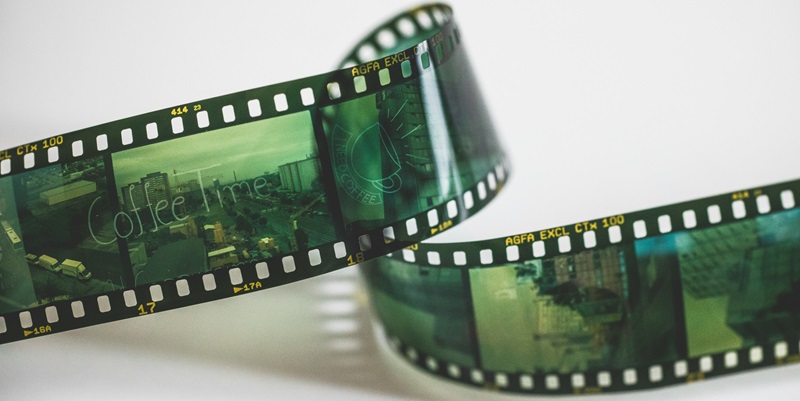The world of cinema is on the precipice of a significant transformation as Artificial Intelligence begins to play a pivotal role in filmmaking practices. What was once the domain of human creativity and intuition is increasingly becoming a field where AI systems contribute in manifold ways, from scriptwriting assistance to post-production processes. The advancement of AI technologies is catalyzing changes in the film industry that incite both excitement and apprehension.
AI’s Influence in Filmmaking
Revolutionizing Scriptwriting and Pre-Production
In the realm of scriptwriting, AI has been making strides with its ability to analyze and generate narratives. The technology is not just capable of coming up with basic story premises, but it can also suggest plot twists, develop character arcs, and even contribute dialogue that is coherent and contextually appropriate, albeit often lacking the subtle touch of human writers. This represents a seismic shift in pre-production processes, offering storytellers data-driven insights that could exponentially increase the efficiency of developing screenplays.
However, AI’s involvement raises concerns regarding the authenticity and originality of stories. The fear is that AI-generated content may lead to a homogenization of narratives, where stories lack the distinctiveness that only the human touch can bring. Critics argue that true storytelling requires an understanding of emotional depth and human experience that AI, in its current form, cannot fully replicate or convey.
Enhancing Post-Production with AI
The post-production phase of filmmaking is another area deeply impacted by the advent of AI. Visual effects, color grading, and editing, traditionally labor-intensive parts of the production process, are increasingly being accelerated by AI-powered software. AI can meticulously analyze countless frames in a fraction of the time it would take humans and perform intricate adjustments with astonishing precision.
AI’s efficiency does not end with technical post-production tasks; it extends to editorial decisions as well. Algorithms can suggest edits based on pacing, continuity, and even predicted audience reaction, drawing from vast amounts of historical data. This could potentially lead to more polished final products. However, the creative decisions typically made through human intuition are now at risk of becoming the output of algorithmic suggestions, which casts doubt on the future of human editors’ roles.
Ethical and Economic Implications
Navigating the Ethical Landscape
The use of AI poses critical ethical questions, particularly in aspects like deepfake technology, which allows for the creation of very convincing fake videos. Besides obvious issues related to consent and misinformation, there are larger concerns about accountability. Artists and audiences alike are grappling with the moral implications of technology that can alter reality with such ease. Data privacy is another concern, as AI systems require massive amounts of data to learn and create, raising questions about the sources of this data and the potential for privacy breaches.
Additionally, the reliance on historical data to inform AI’s outputs brings up the issue of embedded biases. If the input data reflects past prejudices, there’s a risk that AI will continue to perpetuate and amplify these biases in cinematic content, thus reinforcing stereotypes rather than breaking them down.
Economic Impact on Film Production
Cinema is on the brink of an evolution with Artificial Intelligence carving out a significant niche in filmmaking. AI’s reach now extends to various aspects of film production, from scripting to editing. This technological surge is reshaping the industry, as AI tools support and sometimes even spearhead the creative process. The growth of these technologies is precipitating a major shift in how movies are made, eliciting both enthusiasm for the possibilities and concern over the future role of human creativity. As AI becomes more proficient, filmmakers are grappling with the integration of these systems into an industry historically driven by human ingenuity, setting the stage for a new era in movie-making. This pivotal juncture suggests an industry at a crossroads, where the blend of AI innovation and traditional artistry will redefine the cinematic experience.

